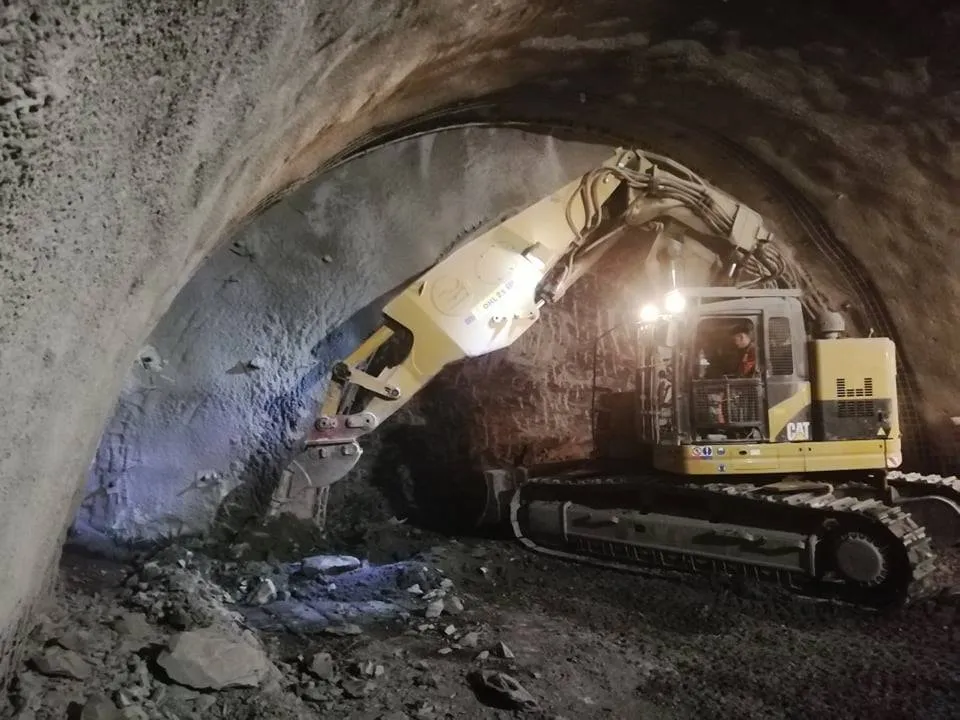Land acquisition issues have stalled the start of construction of Bratislava’s orbital road by up to eight months.
Work could begin this autumn, according to a report by the Slovak Spectator, because the government is working on laws that would allow construction before all land is acquired.
Construction was supposed to start last year on the €1.8 billion project contracted under a public-private-partnership to the consortium of Obchvat Nula of
The deal is the first in Slovakia for Cintra, a
According to Ferrovial, the new 27km D4 will have two lanes in each direction and will create a beltway to the east of the city and a connection with existing radial roads. The 32km R7 radial highway, between Prievoz and Holice, will have two to three lanes each way, running in a south-easterly direction from the city centre.
Cintra will develop this project, while design and construction will be carried out by a joint venture headed by Ferrovial Agroman with Porr. Operation and maintenance will be handled by the concession company.
Under the concession model, the design and construction joint venture is formed by Ferrovial Agroman and PORR.
The concession-holder is Cintra, Macquarie Capital and PORR. Cintra’s assets include the 407 ETR highway in Canada, the North Tarrant Express in the US and Ausol in Spain.
Meanwhile, two highway projects are nearing the tender stage, likely by the end of the year. These are the 4.3km section of the R4 Presov bypass, costing likely around €192 million, and the 13.5km section of the R2 between Mytna and Lovinobane, cost of which has yet to be calculated.
Land acquisition delays the start of Bratislava's orbital road
Land acquisition issues have stalled the start of construction of Bratislava’s orbital road by up to eight months. Work could begin this autumn, according to a report by the Slovak Spectator, because the government is working on laws that would allow construction before all land is acquired.
September 25, 2017
Read time: 2 mins






